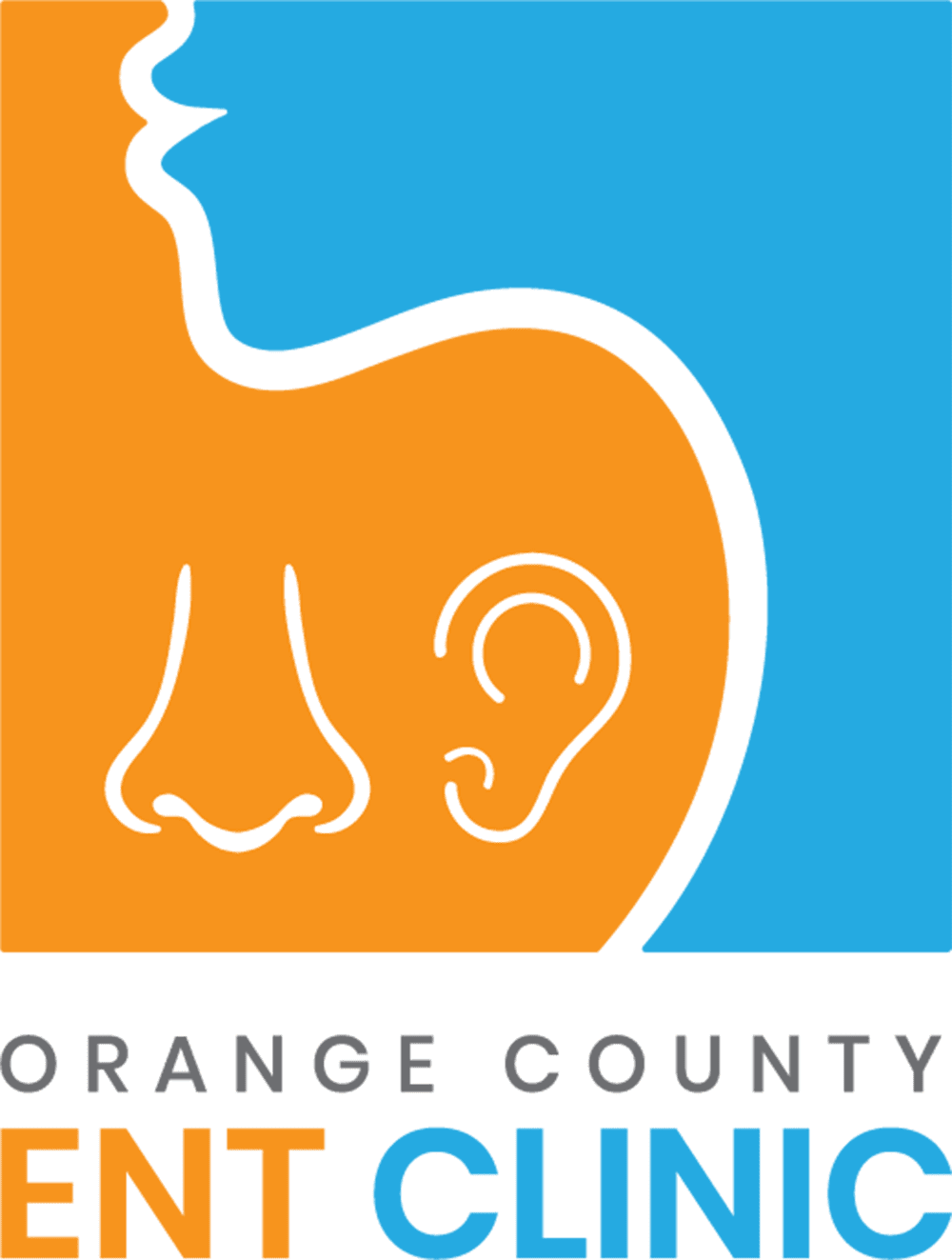
The treatment that can be used for your nasal obstruction depends on what’s causing the obstruction.
When your nasal passages are open and clear, you’ll notice that you can breathe properly from both nostrils. There are, however, a wide range of conditions and problems that can cause the airways to become smaller and more closed off than they should be, which will likely lead to the creation of breathing issues as well as many other symptoms that you’ll need to find a way to manage.
What Is a Nasal Obstruction?
A nasal obstruction refers to any kind of blockage of the nasal passages or problems with breathing through the nose. The blockage could be caused from something as simple and straightforward as a runny nose. Identifying the cause of the blockage is essential if you want to get the treatment you need to reduce the symptoms that you’re experiencing. In many cases, the issue will be brought about by a limited problem such as a runny nose that will go away in a short period of time, which means that the problems wouldn’t need to be addressed. However, a nasal obstruction that persists will likely require some type of treatment to properly clear up.


Different Types of Obstruction
The most common causes for nasal obstructions include colds and the flu. When you suffer from these sicknesses, the abundance of mucus can fill your nasal cavity and cause a temporary obstruction. The adenoids or sinuses could also become infected because of contact with infected mucus. Some of the other issues that can cause your nasal passages to become obstructed include allergic or non-allergic rhinitis, nasal tumors, nasal polyps, and a deviated nasal septum. Only the most severe of these causes will typically require treatment.
Potential Concerns and Complications
The long-term complications differ depending on what’s causing the obstruction and the age of the person who is affected by this condition. For instance, infants need to breathe through their nose properly when feeding. If these issues are long-lasting, your quality of life can be adversely affected. If the breathing issues are severe enough, it’s possible that your quality of sleep will be lessened as well. If the obstruction has occurred because of an infection of the sinuses, more severe infections could develop if the initial cause is left untreated. In order to avoid these complications, you should get the obstruction checked out by a doctor if it lasts for more than a week.
How These Obstructions Are Treated
Treatment for a nasal obstruction can only start once the source of your obstruction is detected. In many cases, the nose will be thoroughly washed out with nasal rinses. You’ll also likely be prescribed with nasal sprays and medications that aim to relieve the obstruction over time. Surgery is only used as a last resort. These surgeries usually involve shrinking the turbinates with radioactive energy.
